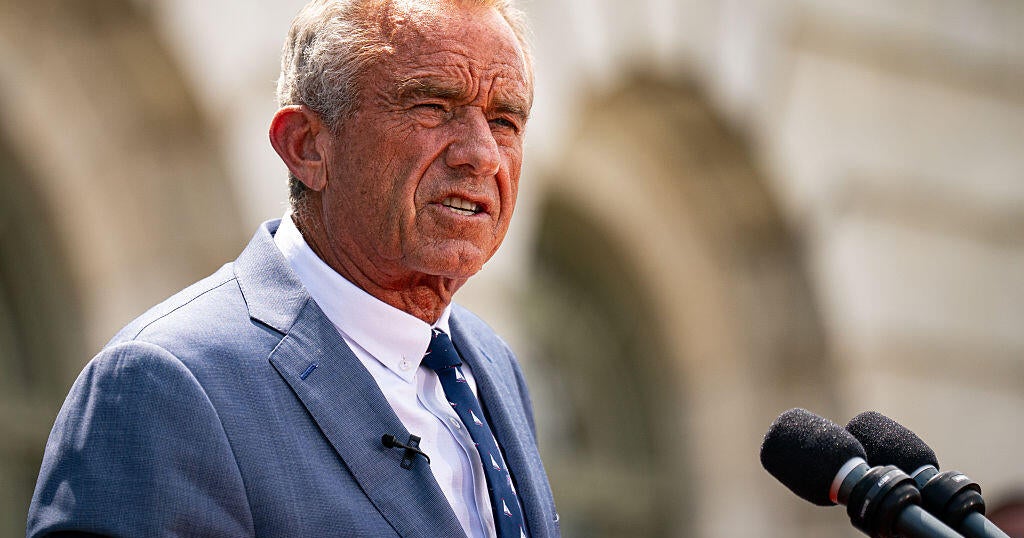Are You Being Blamed for Your Illness? How RFK Jr. and the 'MAHA' Approach Shift Health Responsibility

A concerning trend is emerging in the US healthcare landscape. Influential figures, echoing rhetoric reminiscent of the 'Make America Healthy Again' (MAHA) movement, are increasingly placing the onus of health responsibility squarely on the shoulders of individual patients and their doctors. This shift, amplified by voices like Robert F. Kennedy Jr., has sparked a backlash, with many patients feeling unfairly blamed for their illnesses. But what exactly is driving this narrative, and what are the potential consequences?
The core of the MAHA argument, as it's being presented, suggests that individuals have greater control over their health outcomes than previously acknowledged. While promoting personal responsibility is undoubtedly important, critics argue that this approach overlooks the systemic factors that significantly impact health – poverty, lack of access to affordable healthcare, environmental hazards, and genetic predispositions, to name a few. Blaming patients for conditions rooted in these complex realities is not only insensitive but also counterproductive.
Consider, for example, a patient struggling with diabetes. While lifestyle choices undoubtedly play a role, attributing the disease solely to individual failings ignores the impact of food deserts, socioeconomic barriers to healthy eating, and the genetic legacy that can predispose individuals to the condition. Similarly, attributing heart disease solely to a lack of exercise overlooks the role of pollution, workplace stress, and limited access to safe recreational spaces.
Robert F. Kennedy Jr., a prominent voice in this debate, has often questioned conventional medical wisdom and emphasized alternative approaches. While encouraging critical thinking about healthcare is valuable, some of his pronouncements have been criticized for promoting misinformation and undermining trust in established medical practices. The potential for harm arises when individuals forgo evidence-based treatments in favor of unproven remedies, based on misleading information.
The implications of this shift in responsibility are far-reaching. It could lead to:
- Increased stigma and shame: Patients may feel guilty and ashamed of their illnesses, hindering their willingness to seek help.
- Reduced access to care: Healthcare providers, feeling pressured to emphasize patient responsibility, may be less likely to provide comprehensive care.
- Delayed diagnosis and treatment: Patients, fearing judgment, may delay seeking medical attention.
- Undermining public health initiatives: Focusing solely on individual responsibility detracts from the need for broader public health interventions that address systemic inequities.
The conversation surrounding health responsibility needs to be nuanced and balanced. While empowering individuals to take control of their well-being is crucial, it shouldn't come at the expense of acknowledging the complex web of factors that influence health outcomes. A truly effective healthcare system prioritizes both individual agency and systemic support, ensuring that everyone has the opportunity to live a healthy life, regardless of their circumstances.
It's vital for patients to be informed consumers of healthcare, asking questions, seeking second opinions, and advocating for their needs. It's equally vital for healthcare providers and policymakers to recognize the limitations of a purely individualistic approach and to address the root causes of health disparities.





